Japanese knives are known for being delicate and super sharp. These ultimate kitchen tools allow for thin, precise cuts and beautiful presentation and normally feature a striking hammered finish and a smooth wooden handle inspired by samurai craftmanship. Business buyers that are a bit overwhelmed by all the different styles and options may find the following information useful to know which Japanese knives to add to their catalogs to enjoy strong sales.
Main classes: Honyaki and Kasumi
Based on how Japanese kitchen knives are forged and the materials used, they can be divided into two classes: Honyaki and Kasumi. Honyaki knives use only one material—very hard carbon steel. Although they are hard to forge and sharpen and tend to break when improperly used, they have the best edge retention among Japanese knives. Offer Honyaki knives to chefs with lots of experience that can care for them properly. On the other hand, Kasumi knives use a combination of carbon steel and iron. The two materials are forged together, with the carbon steel forming the blade edge. Even though Kasumi knives have lower edge retention, these imported Japanese knives are sharpened more easily and are more practical for home use.
Types of steel
Japanese knives are made of different types of steel. Stainless steel is affordable, less likely to chip, and retains its edge well. However, it is also harder to sharpen. High carbon steel provides a very sharp cutting edge, but also worse edge retention and less resistance. High carbon steel can be divided into Japanese steel, the most affordable one, white steel, easy to care for and sharper, and blue steel, often the most expensive type of carbon steel with excellent edge retention.
Offering Japanese or German knives?
German knives tend to be heavier and tougher. In contrast, Japanese knives are more delicate and lightweight, which makes them more comfortable to work with. With the proper technique, Japanese knives do not crush the food and make very precise cuts. Even though Japanese knives require far more care and attention, they do not need to be sharpened as frequently as German knives.
Import Japanese knives with unrivaled cutting performance in bulk from Alibaba.com, whether for professional or domestic use, to cater to different customers with varying needs and budgets.




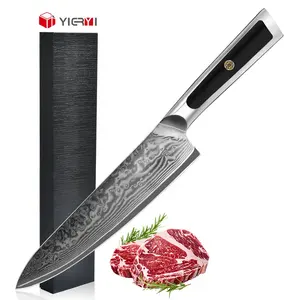



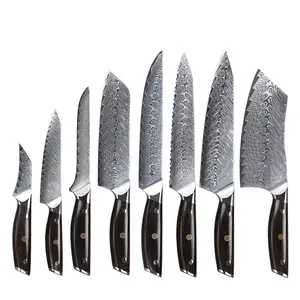





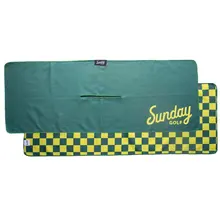
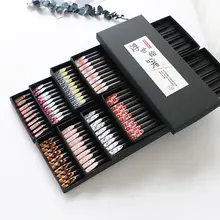



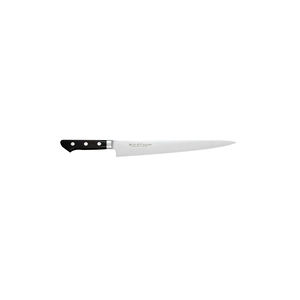























 浙公网安备 33010002000092号
浙公网安备 33010002000092号 浙B2-20120091-4
浙B2-20120091-4